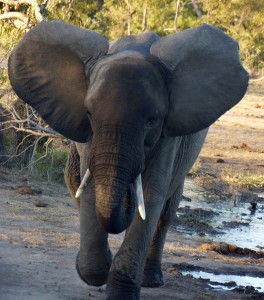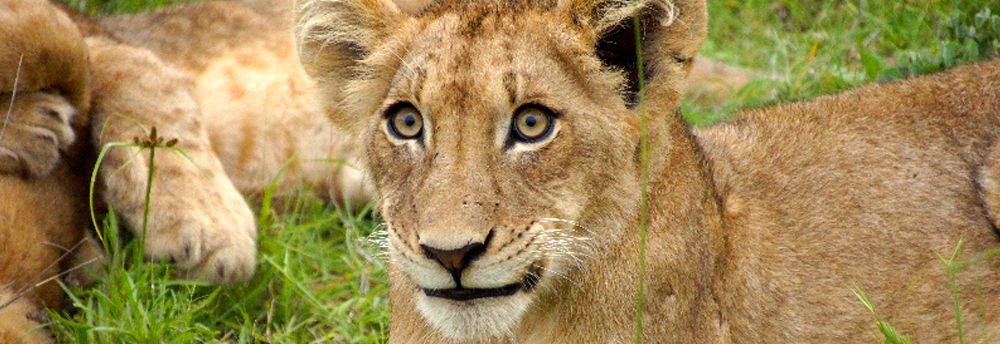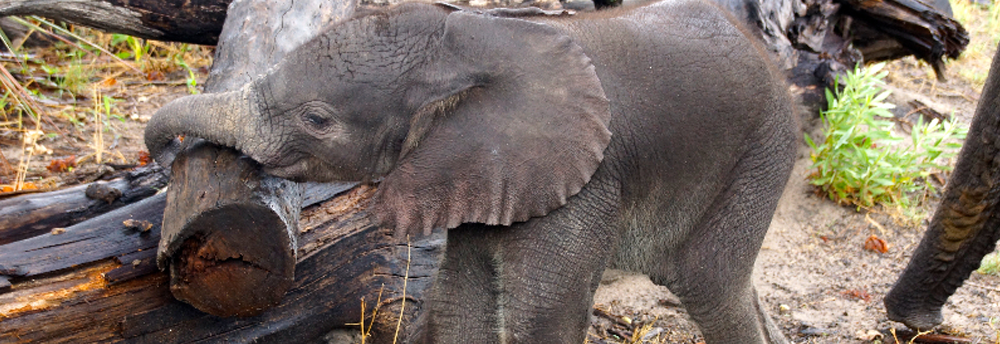
Those who get their kicks killing endangered animals had better stay out of New Jersey. New Jersey has become the second U.S. state to ban the importing, selling and owning of “trophy animals.” Washington is the other state. Animals in the ban signed by Gov. Chris Christie include elephants, lions, leopards, cheetahs and rhinos, among others.
“These laws send a clear message that trophy hunters are not welcome in New Jersey and that we won’t allow them to traffic in the body parts from some of these majestic animals there are are threatened with extinction,” said Sen. Ray Lesniak, a prime sponsor of the legislation. A second bill signed by Christie extends the same bans to airport and ports operated by the Port Authority of New York and New Jersey which includes key international airports Newark in New Jersey and LaGuardia, and JFK in New York. There are exceptions allowing barred animals into the state if “under appropriate permit” and if they are destined for a location beyond New Jersey.
Other key sponsors include Sen. Paul Sarlo and Assemblyman Tim Eustace. “The law would cut off a link back to the United States for game hunters’ intent on importing the dead carcasses of endangered animals,” Eustace said. “Hopefully making it more difficult for these types of hunters to transport their ‘prizes’ will give them pause or perhaps even make them reconsider this type of inhumane activity.”
Violators face a civil penalty of no less than $200 and no mote than $1,000 on first offense. It goes tip to no less than $500 and no more than $3,000 for subsequent offenses. There also could be criminal penalties.
The bills were introduced after a Minnesota dentist, Walter Palmer, killed a beloved lion known as Cecil outside a national park in Zimbabwe. It sparked international outrage.
Two down and 48 states to go. This sick activity of killing majestic and many times endangered animals to boost ego and bragging rights should be discouraged in The United States.

Meanwhile, the U.S. Fish and Wildlife Service says it will impose a near-total ban on the sale of ivory. Exceptions will be made for items that are more than 100 years old, as well as those that contain less than 200 grams of ivory.
Hundreds of thousands of elephants have been killed for their ivory in recent years. About 460,000 African elephants remain in the wild. Rhinos also are being slaughtered.





Sorry, comments are closed for this post.